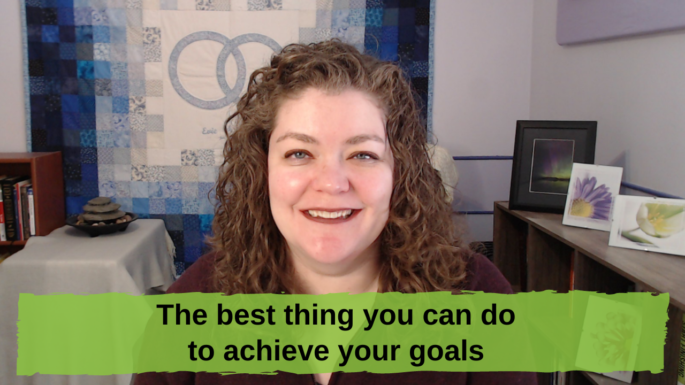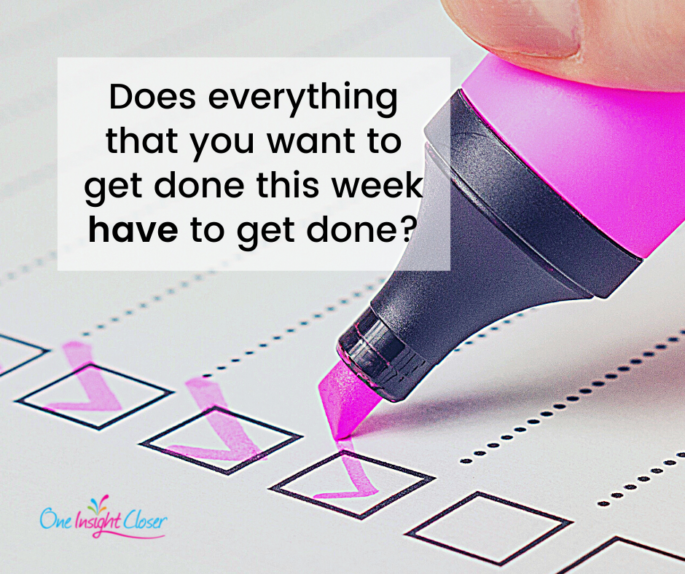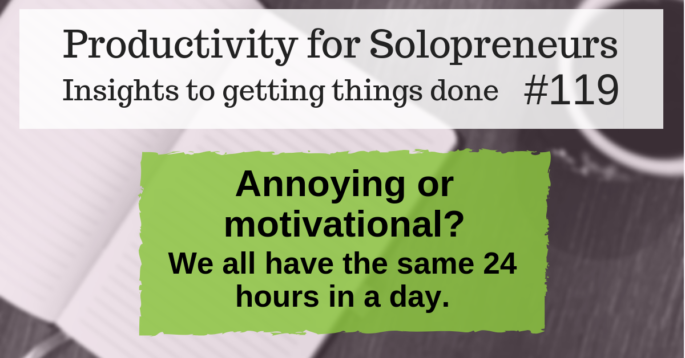Have you ever set a big goal for yourself and then run out of time to get everything done over and over and over again?
We’ve all experienced this at some point. It’s so frustrating! And you might blame yourself, call yourself lazy or wonder why you can’t just get the things done you need and want to get done.
Or the flip side of this happens: you don’t set that big goal because you’ve been burned by not having enough time, and you don’t want to experience that again.
One way to prevent this from happening is to be clear on the daily, weekly, and monthly tasks that you do in your business. It will help you know how much time you have to dedicate to your bigger goals or which tasks you can delegate.
The best thing you can do to achieve your goals is to set up containers for your tasks. This means having a place to organize all the goals, projects, and tasks you have for your business. It can be on paper or digital, and it doesn’t matter as long as it works for you.
When you have a container, you’re clear on what needs to happen when and what you have time for.
I was working with someone on this last year. We were going through her week and everything that needed to be done when she had a realization. She realized that unless something came off of her plate, she couldn’t offer a class she had planned on. This came as a relief to her. It wasn’t that she was wasting a bunch of time; it was that her plate was already full and there was no room for anything else.
She decided instead of shifting things or letting something go so she could offer the class; she would focus on the things she was already doing in her business and promote her current offers. There was no need to make things more complicated.
This allowed her to keep more of her personal time for other things, which is very important!
So, set up your containers so you can keep track of all the moving pieces of your business!
Reach out if you want to chat about your situation.
PS. You’re NOT lazy. You just haven’t found a way to keep track of things that works for you!
If you prefer listening/watching, you can catch this on Facebook or YouTube.



